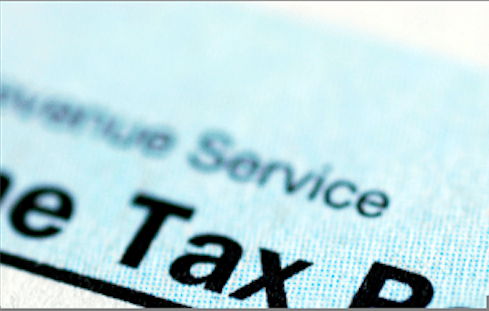Aging in place continues to increase in popularity. However, what to do when you notice an…

The length of time you should keep a tax-related document typically depends on the action, expense, or event which the document records. Generally, you should keep your records until the statute of limitations runs out.
The IRS recommends that taxpayers consider the following period of limitations that apply to income tax returns:
- Keep records for 3 years (generally).
- Keep records for 3 years from the date you filed your original return or 2 years from the date you paid the tax, whichever is later, if you file a claim for credit or refund after you file your return.
- Keep records for 7 years if you file a claim for a loss from worthless securities or bad debt deduction.
- Keep records for 6 years if you do not report income that you should report and it is more than 25% of the gross income shown on your return.
- Keep records indefinitely if you file a fraudulent return.
- Keep employment tax records for at least 4 years after the date that the tax becomes due or is paid, whichever is later.
Real Property–The IRS recommends that you retain records relating to real estate up to 7 years after disposing of the property.
Healthcare–The IRS recommends that taxpayers keep healthcare information statements with other tax records. You do not typically need to send these forms to IRS as proof of health coverage. The records taxpayers should keep include records of any employer-provided coverage, premiums paid, advance payments of the premium tax credit received and type of coverage. Taxpayers should keep these (along with other tax records) generally for 3 years after they file their tax returns.
Non-Tax Purposes–the IRS recommends that you do not discard your tax records until you check to see if you have to keep them longer for other purposes, such as for insurance or creditors.
If you have already discarded some of your tax records, you can request a free transcript from the IRS for the past three tax years. The ‘Get Transcript’ tool on IRS.gov is the fastest way to get a transcript.
Eric J. Einhart
Russo Law Group, P.C.
100 Quentin Roosevelt Blvd., Suite 102
Garden City, NY 11530
800-680-1717





Comments (0)